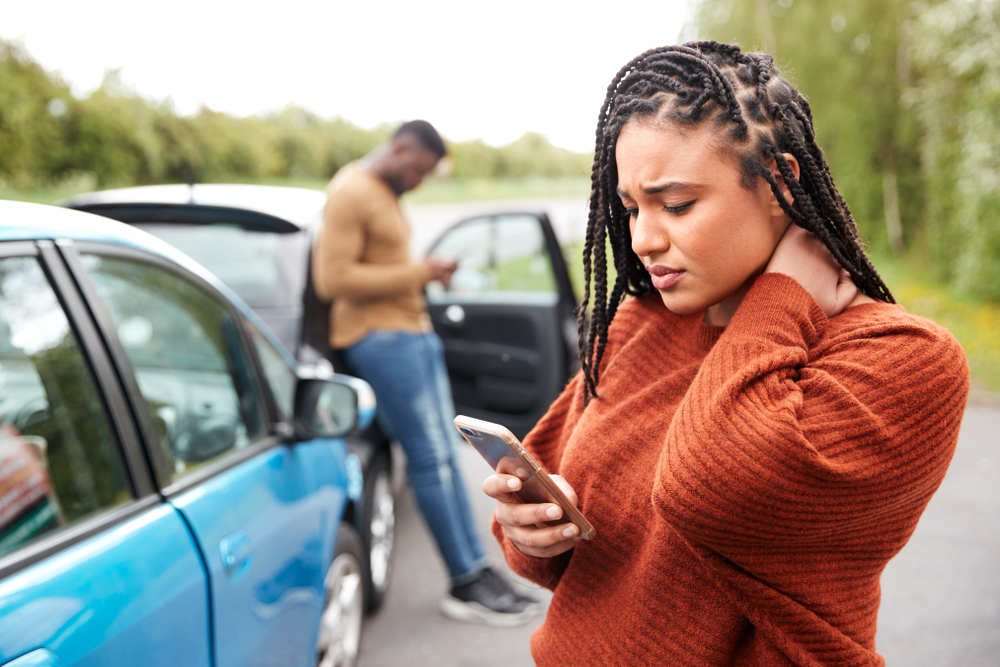Does Auto Insurance Cover the Car or the Driver?

Understanding how auto insurance works can be tricky. There are multiple types of coverage, and minimum requirements vary from state to state. One common point of confusion is whether auto insurance follows the car or the driver. If you lend your car to a friend and they get into an accident, will your insurance policy cover it? Or if you suffer an accident while driving someone else’s car, will your policy kick in or theirs?
Not surprisingly, there are lots of nuances to consider. Here’s a quick guide to help drivers understand what’s typically covered — and what usually isn’t.
How does auto insurance work?
Let’s start with a quick refresher on how auto insurance works. This type of insurance is designed to protect drivers from costs that could arise from an accident. That might be a collision with another car, a run-in with an object, medical bills for yourself or others, and resulting legal expenses. It’s important to remember that every policy is different. With that said, below are a few common types of coverage:
- Auto liability coverage: Covers you if you’re at fault in an accident. It usually covers damage to objects and other vehicles, plus injuries to other drivers and their passengers. It also covers you if you’re sued because of your role in an accident.
- Collision coverage: Covers damage to your vehicle caused by a collision accident.
- Comprehensive coverage: Covers you from events that are beyond your control. That could include theft, vandalism, windshield damage, and more.
Most states require a minimum amount of auto liability coverage. If your car is financed with an auto loan, your lender might also require you to carry a certain amount of insurance on top of your state’s requirements.
Does car insurance follow the car or the driver?
Generally speaking, a driver’s auto insurance policy usually covers their vehicle. If you allow a friend or family member to borrow your car, and they’re involved in an accident, your policy will likely kick in and cover them like it would cover you — but it isn’t a blanket rule. If any of the following scenarios apply, your auto insurance policy probably won’t cover a guest driver:
- They don’t have a valid driver’s license.
- They’re using your car for commercial use. That means they’re driving it for business purposes rather than personal use.
- They’re specifically listed as an excluded driver on your car insurance policy.
- You didn’t give them permission to drive your car.
- They were driving while under the influence of drugs or alcohol.
Let’s say your policy includes auto liability and collision coverage and you loan your car to your best friend, who’s a licensed driver. If they cause a collision with another car, your policy will likely cover the damage to your car and the other vehicle, plus any injuries the other driver and their passengers may have suffered (assuming your friend wasn’t driving while under the influence). If your friend is sued, your policy would most likely extend to them.
Does car insurance ever follow the driver?
In certain situations, your auto insurance policy may cover you while you’re driving a car that isn’t your own. Here are some general examples:
- You rent a car: If you’re involved in an accident while driving a rental car, your insurance policy may have you covered. That could include injuries sustained by yourself or your passengers, depending on the policy.
- You get into an accident while driving someone else’s car, and their auto insurance policy doesn’t fully cover you: Let’s go back to the previous example of letting your best friend borrow your car. If your insurance policy isn’t enough to cover all the damage from that accident, their auto insurance policy could kick in to cover the difference. If not, they may be held personally responsible for the damages.
When should I add another driver to my auto insurance policy?
Letting a friend or family member occasionally borrow your car is one thing — allowing them to drive it on a regular basis is another. So when are you required to add another driver to your car insurance policy? The general rule is that you must add any licensed drivers who have regular access to your car and live with you. That may include your spouse, children, or roommates, but you may not need to add them if they have cars and auto policies of their own.
Adding a driver may affect your premium, but not always. It’s important to note that every insurance policy is different. It’s a good idea to review your policy carefully to make sure you fully understand what (and who) is covered — and under what circumstances.
Navigating auto insurance can be overwhelming. That’s why Matic makes it easy to compare top-rated insurers with just a few clicks. In other words, finding the right auto policy for you doesn’t have to be complicated.
Do you have adequate coverage on your auto insurance?
We make it easy to compare top-rated insurance carriers with just a few clicks, so you can get the best value for the best coverage.
Get an Auto Insurance Quote Now


